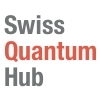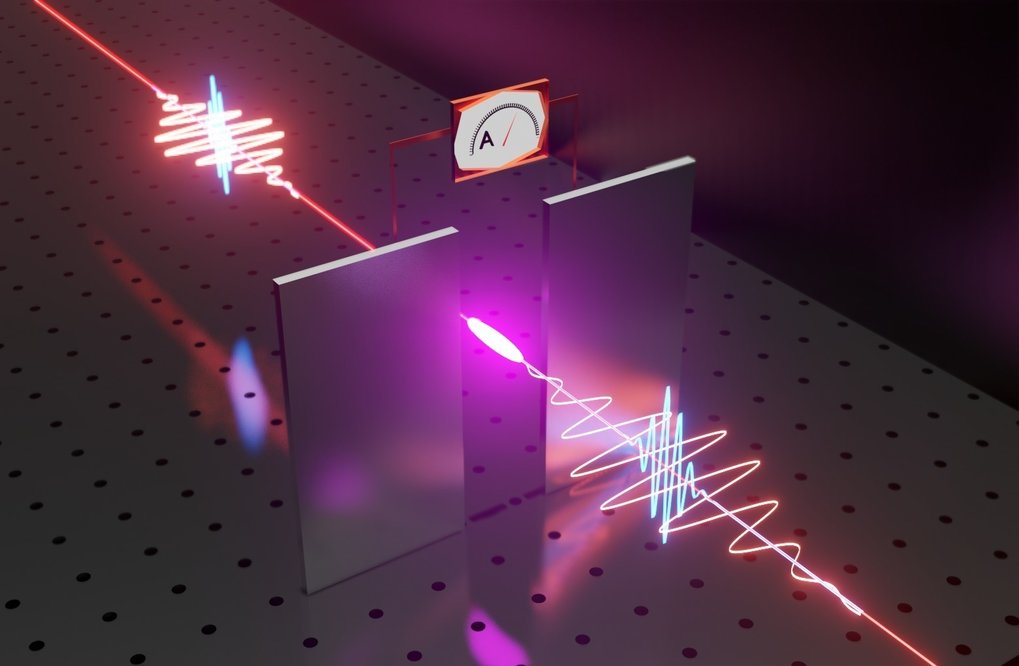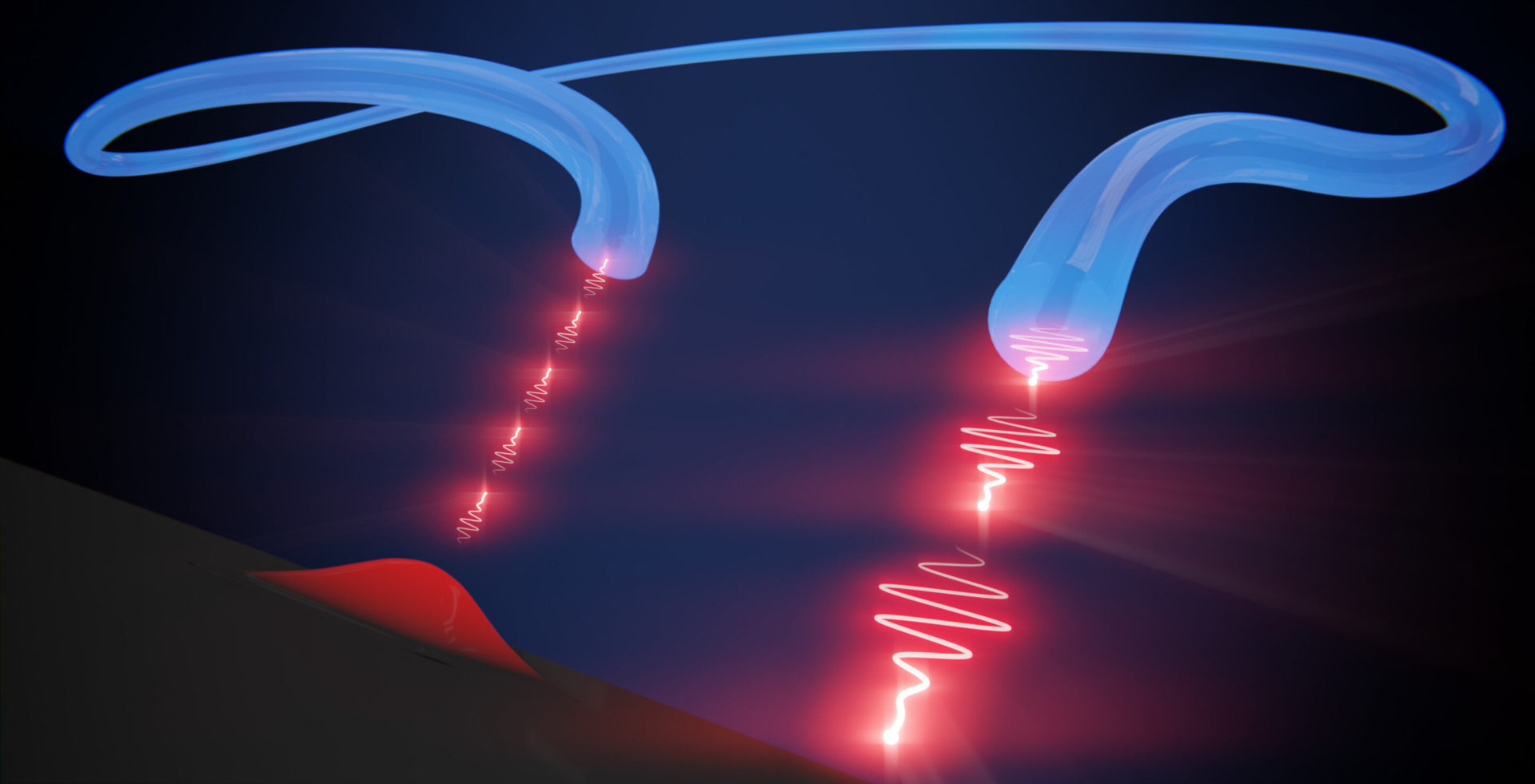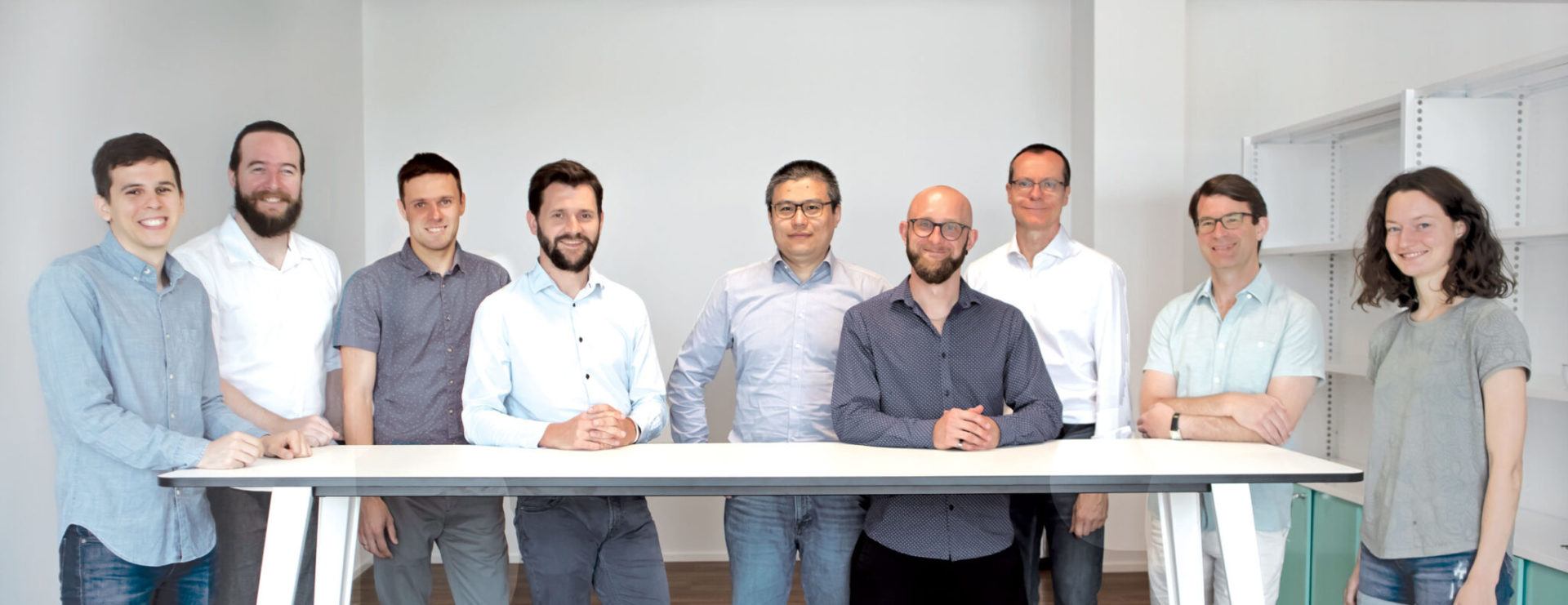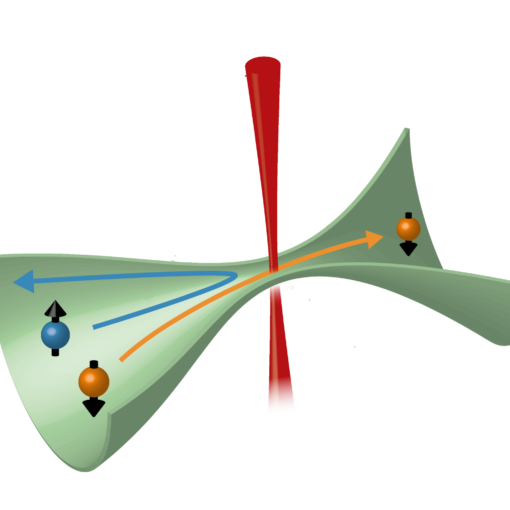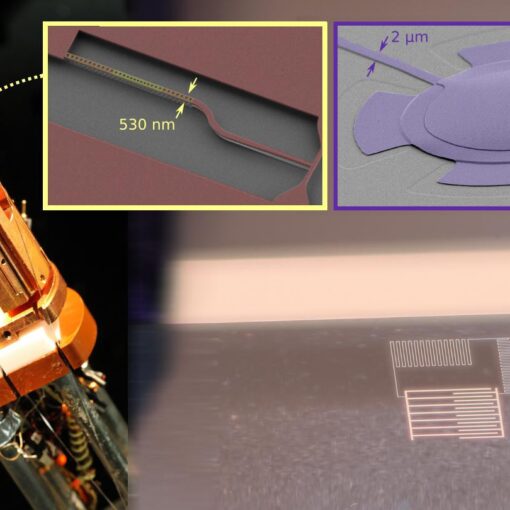Advantage distillation to device-independent quantum key distribution (DIQKD)
Researchers at ETH Zürich and National University of Singapore have carried out a study investigating whether advantage distillation, a classical cryptography technique that has so far never been successfully implemented, can be applied to device-independent […]



